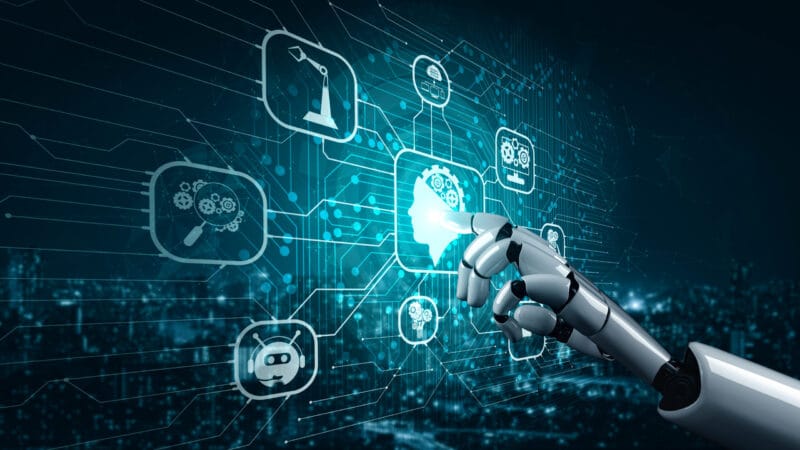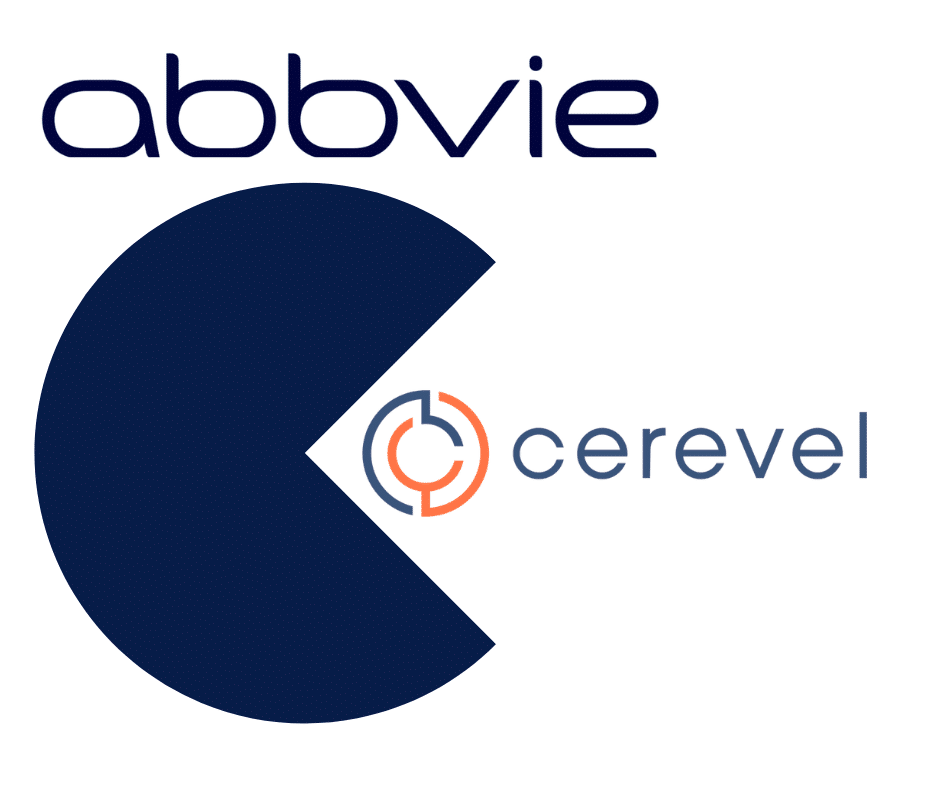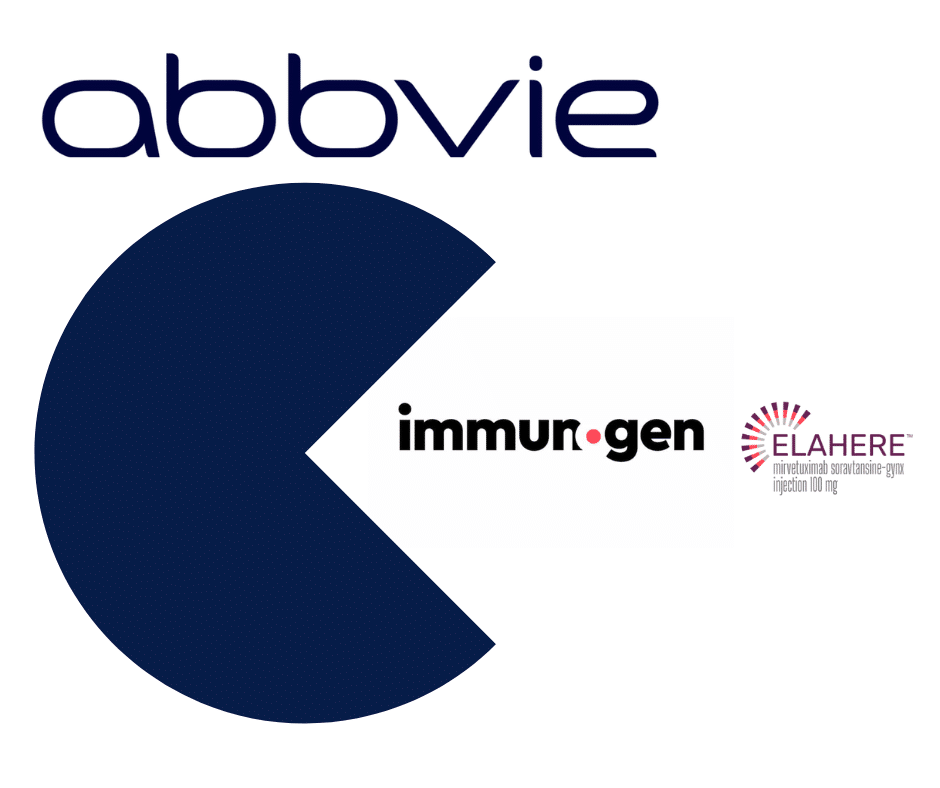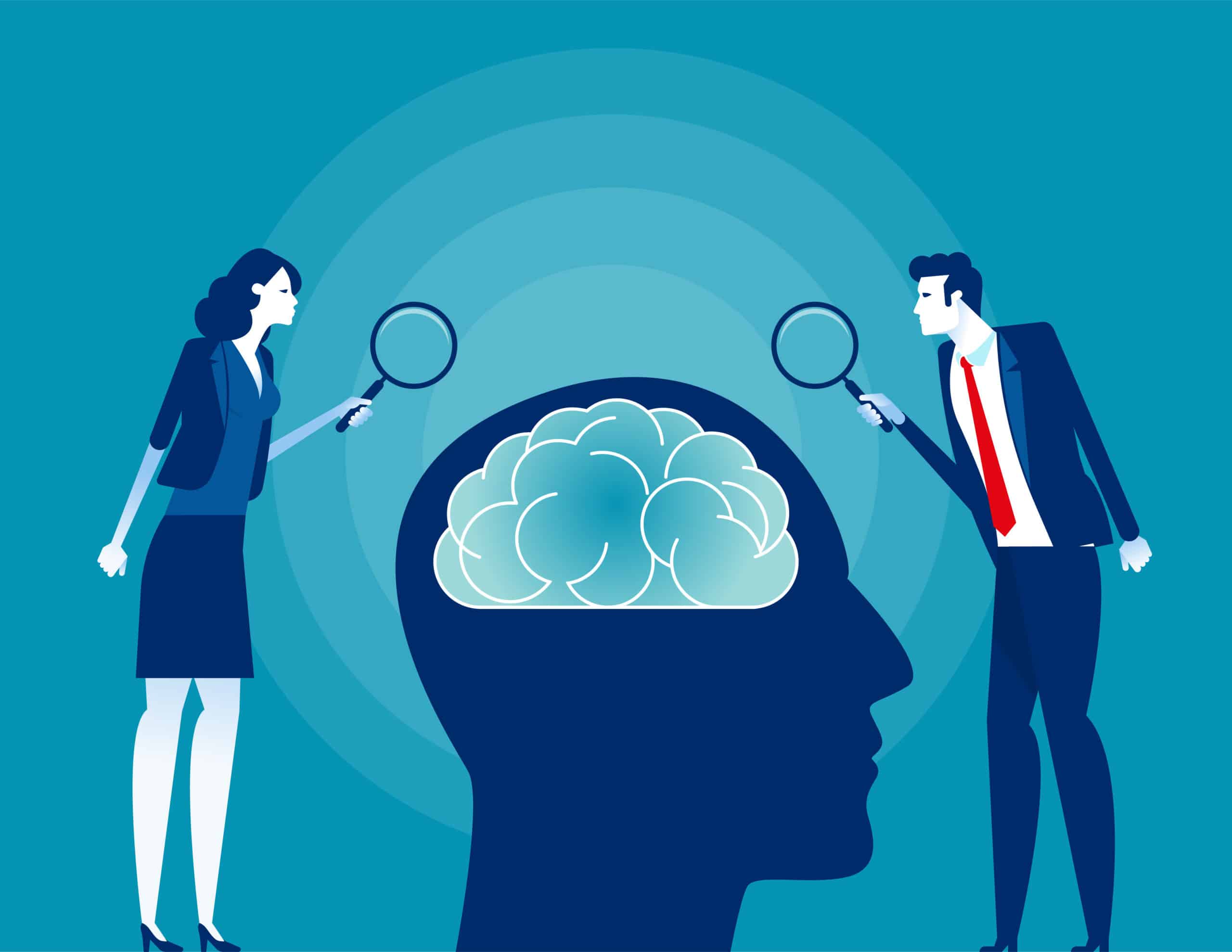
AI in life sciences is here to stay. Artificial Intelligence (AI) and machine learning are rapidly accelerating the drug discovery and development process in the life science industry. Initially conceived in the 1950s, artificial intelligence today, according to the NCBI, is a technology system involving various advanced tools and networks that can mimic human intelligence and reasoning. In contrast to depictions in sci-fi films, the AI of today focuses on completing specific tasks dealing with large data sets.
Machine learning (ML) is a type of artificial intelligence that teaches a computer how to perform a task without explicitly programming it to perform that task. Like human learning, ML improves through experience and more data. Data scientists use ML to classify and predict data. The end result of ML is a model that can take in data and produce a prediction.
AI in Drug Discovery and Development
Now that I have defined the concepts, let’s discuss the specific applications to life sciences. In drug discovery, AI can recognize hit and lead compounds, compounds that interact with the target to produce desired biological effects.
Because AI generates a predictive model after the input of large quantities of data, it can be used to predict 3D structures of proteins, drug-protein interactions, and drug activity. AI’s ability to comb through large quantities of data and develop models allows it to be used effectively in other parts of the drug discovery process such as pharmacology, chemical synthesis, drug repurposing, and drug screening.
In drug screening, AI’s ability to predict physicochemical properties, bioactivity, and toxicity can save companies millions of dollars and hundreds of hours in time by identifying the right molecules to move forward with.
By quickly analyzing patients and identifying the best patients for a given trial, AI helps ensure uptake by providing trial opportunities to the most suitable candidates. Snowfish has also supported companies by identifying clinical trial sites leveraging algorithms and data to identify the best candidates.
An Emerging Trend
Leading pharmaceutical companies, including Abbvie, Sanofi, Roche, Pfizer, Merck, AstraZeneca, GSK, Johnson & Johnson, and Bristol-Myers Squibb have already collaborated with or acquired AI technologies. In 2019, AstraZeneca partnered with BenevolentAI to identify new drug candidates for chronic kidney disease and idiopathic pulmonary fibrosis. Pfizer currently uses IBM Watson to help find immuno-oncology drugs
In April of 2021 the FDA authorized marketing of the GI Genius, a medical device developed by Medtronic that uses AI to assist clinicians in detecting signs of colon cancer. GI Genius is based on machine learning and uses an AI algorithm to highlight portions of the colon where there may be a potential lesion, including polyps or suspected tumors, in real time during a colonoscopy.
Conclusion
AI in life sciences is here to stay. Its ability to speed up the drug discovery and development process makes it an invaluable tool to understand and use. Experts will use AI to extract more valuable information from data that already exists, including in MRI images and mammograms.
AI and machine learning will continue to help further drug discovery and patient care. The future will be AI-enabled. For assistance in identifying AI companies to support your drug development efforts, please send us an inquiry.
For further information, please check out our post on leveraging translational tools to see specific applications of AI in life sciences.
- Market Access: The Latest Hurdle for Treating Alzheimer’s and Dementia - June 14, 2023
- Rare Disease Outreach a Missed Opportunity - November 7, 2022
- So You Read Our Previous Post on Biomarkers? - August 1, 2022



